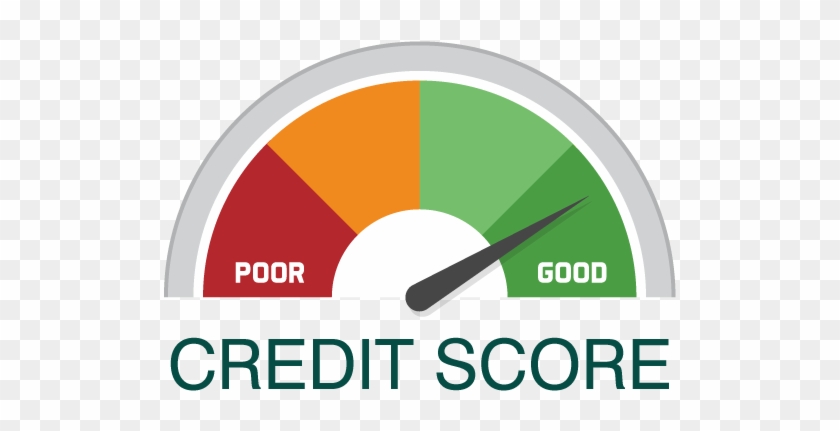Credit cards offer a great way to access credit during a cash crunch. With the credit limit assigned to you, you can purchase goods and services without worrying about having enough cash in your wallet or your account. However, it is worth noting that you should use a credit card within your repayment capacity. Using your credit card irresponsibly can harm your credit score and deprive you of credit in the future.
If you use your credit card wisely, you have a chance at maintaining a healthy credit score, with which you can avail of an increased credit limit and several other benefits.
Everything to know about a credit score
Your Credit score is a three-digit number that generally ranges between 300 and 900. Maintain a credit score of more than 750 can get you the best card available. When you submit your online credit card application, your bank checks your credit score to determine your creditworthiness. It allows the banks to decide whether or not to approve your application. It also helps them decide on a credit limit.
Here are the several factors that go into your credit score calculation:
- Credit history: It indicates whether you have paid your credit card bills on time. It shows whether you can meet your debt obligations. The credit history accounts for 35% of your credit score calculations.
- Credit utilization ratio: It shows how much credit you are using against your credit limit. For instance, if you have Rs. 10,000/- credit limit, and you have used Rs. 4000/-, your credit utilization ratio is 40% of your total credit. Your credit utilization ratio accounts for 30% of your credit score.
- Length of your credit history: It shows how long you have used a credit card in the past, and how you made repayments. It goes back to the first credit card you had in your name and accounts for 15% of your credit score.
- Types of credit: 15% of your credit score calculation is determined by the types of credit you manage, including loans and credit cards.
- New Credit: When you submit a new online credit card application, the lender makes a hard inquiry of your credit score. It remains there for a minimum of two years for other lenders to see and accounts for 10% of your credit score
How to maintain a healthy score?
- Ensure to pay your bills on time
The payment history is one of the most crucial factors in your credit score calculation, which accounts for 35% of your credit score. It means that you will have to ensure never to miss repayments. A golden piece of advice would be to automate your credit cards bills, loan payments, utility payments, etc. This way, you will never miss payments. Paying your bills on time and in full enables you to avoid penalty charges and also maintain a healthy credit score.
- Always keep a low credit utilization ratio
It is the amount of debt you carry against the credit limit assigned to you by the bank. It is advisable to keep your credit utilization ratio below 30% of your credit limit on each credit card at all times. Keep your credit utilization ratio low indicates that you are a responsible borrower. Also, it assures the lender that you can manage your finances well.
Make sure to use your credit card wisely and pay your credit card bill on time and in full. Make credit card payments periodically throughout the month so that your credit utilization never shoots up. Make a goal of not using more than 30% of your credit limit if you wish to maintain an excellent credit score.
- Regularly monitor your credit score and report
We generally ignore monitoring our credit score, which can harm our credit score. So, it would be wise to monitor your credit score for changes so that you can quickly take action if it drops. Your credit score may decrease because of a missed payment or mistakes in your credit report.
Furthermore, you will need to check your credit report before applying for a credit card. At times, certain information on your credit report gets reported inaccurately. You will have to ensure that your personal information is accurate. If you find any discrepancies, raise a dispute with the Credit Bureau to rectify them.
There are numerous ways you can check your credit score online. You can use your lender’s website or visit the Credit Bureau’s website to check your credit score for free once every year. Use these tips to monitor, maintain and improve your credit score to enjoy stress-free credit facilities.







